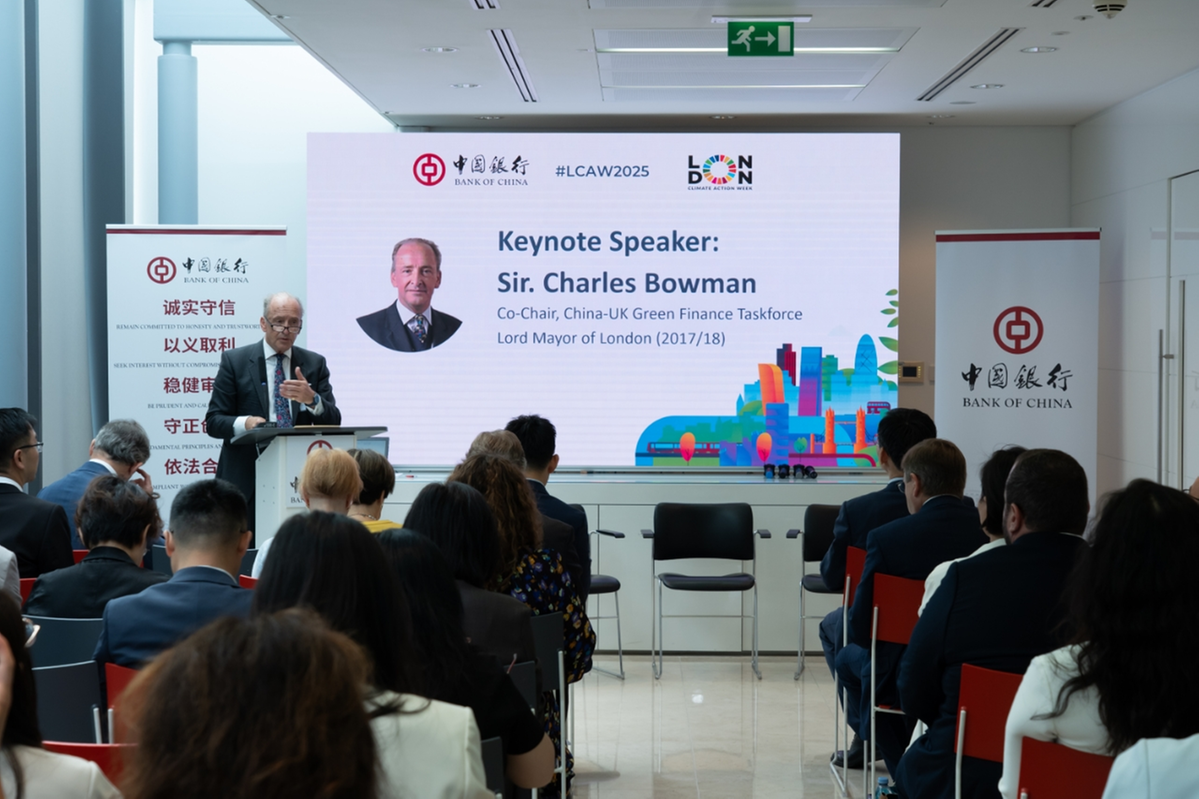High Court to Rule on GOP Challenge to Campaign Finance Laws: What it Means for Aussie Politics?

The United States Supreme Court has announced it will hear a case brought by Republican-led groups challenging existing federal campaign finance regulations. This decision, while originating in the US, has significant implications for campaign finance debates and potentially, the future of political spending globally – including here in Australia. Let's break down what's happening, why it matters, and what the potential outcomes could be.
The Challenge: Campaign Spending Limits Under Scrutiny
At the heart of this legal challenge lies a question about the constitutionality of certain limits on campaign spending. Republican-led groups argue that these limits infringe upon free speech rights guaranteed by the First Amendment. They contend that restricting how much money can be spent on political campaigns effectively restricts the ability to express political viewpoints. The case focuses on whether these spending limits unduly burden political expression.
The Legal Background
This isn't the first time the Supreme Court has tackled campaign finance issues. Landmark rulings like Citizens United v. Federal Election Commission (2010) have already significantly reshaped the landscape of campaign finance in the US. That case famously struck down restrictions on corporate and union spending in candidate elections, arguing that such restrictions amounted to censorship. This current challenge builds on that precedent, pushing further into the boundaries of what constitutes permissible regulation of political spending.
Potential Impact on Australia
While this case originates in the US, its implications resonate beyond American borders. Australia has its own set of campaign finance laws, which are constantly under review and debate. While the legal frameworks differ (the US Constitution’s First Amendment providing a stronger basis for free speech arguments), the underlying principles – the balance between regulating political spending and protecting freedom of expression – are universal.
A ruling in favour of the Republican-led groups could embolden those advocating for less stringent campaign finance regulations in Australia. It could fuel arguments that current limits are unconstitutional or unduly restrict political discourse. Conversely, a ruling upholding the existing regulations could reinforce the Australian approach to campaign finance, which generally aims to limit the influence of money in politics.
What to Expect from the Supreme Court
The Supreme Court’s decision is expected later this year. Legal experts are divided on the likely outcome, but many believe the conservative majority on the Court may be inclined to side with the challengers, further loosening restrictions on campaign spending. The Court's reasoning will be crucial, as it will provide a framework for future campaign finance litigation both in the US and potentially, elsewhere.
The Bigger Picture: Money and Politics
This case highlights a broader debate about the role of money in politics. Proponents of looser regulations argue that money is speech and that restricting spending limits political participation. Opponents contend that unlimited spending can distort the democratic process, giving disproportionate influence to wealthy individuals and corporations. Regardless of the Supreme Court’s decision, the debate over money and politics will continue to be a defining feature of political discourse worldwide.





